Consumer Food Safety
All Consumer Food Safety Content
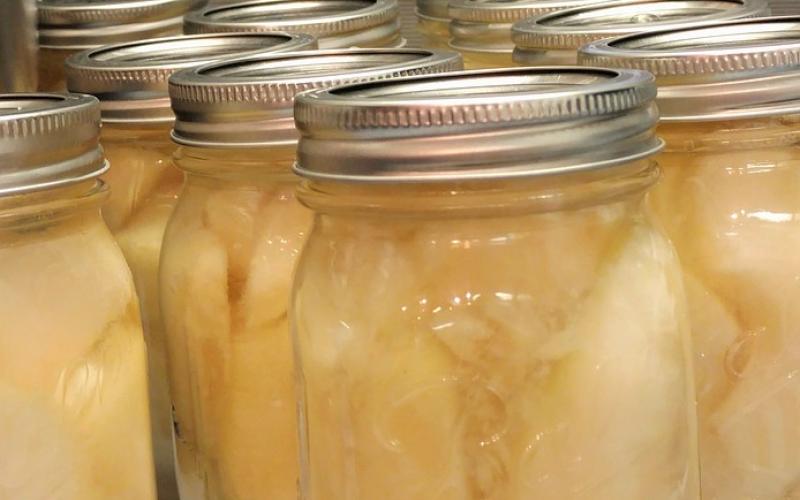
Water Bathing vs. Pressure Canning
Water bathing and pressure canning are two common ways to preserve foods by canning. These techniques use heat processing to preserve foods, and which technique you use depends on the acidity of the food.
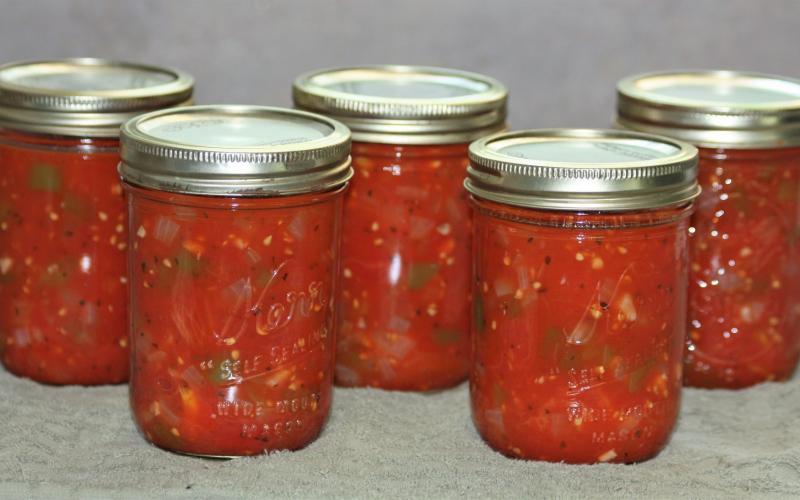
Canning Tomatoes Safely
Home canning tomatoes is a great way to preserve them for later use. It is critical to use proper methods of heat processing to ensure a safe finished product.
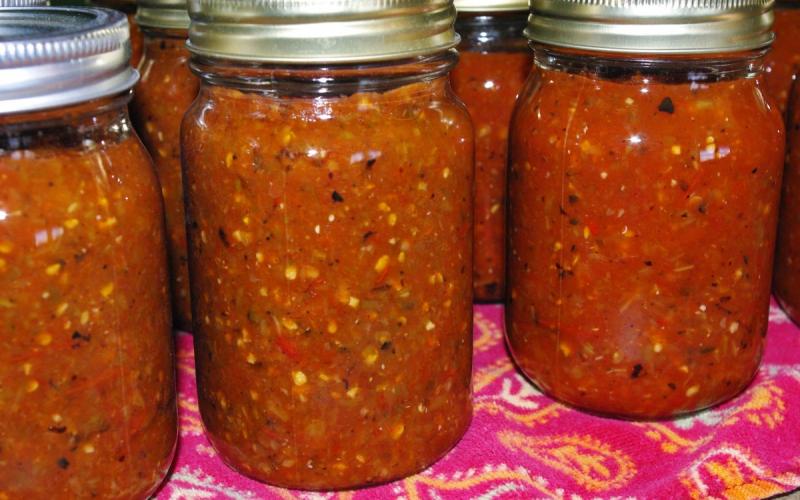
Canning Tomato-Vegetable Mixtures
Tomatoes are unique when it comes to home canning recipes. Some tomato and vegetable recipes recommend using a boiling water bath canner, some recipes recommend a pressure canner, and some recipes offer both options.
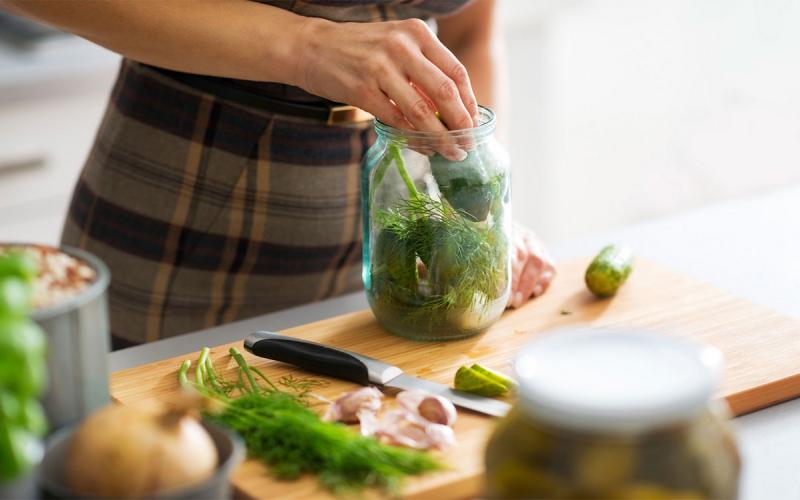
Modifying Canning Recipes
Understanding how swapping ingredients, adding ingredients, increasing or decreasing ingredients and making changes to processing plays a vital role in ensuring that home-canned products are safe.
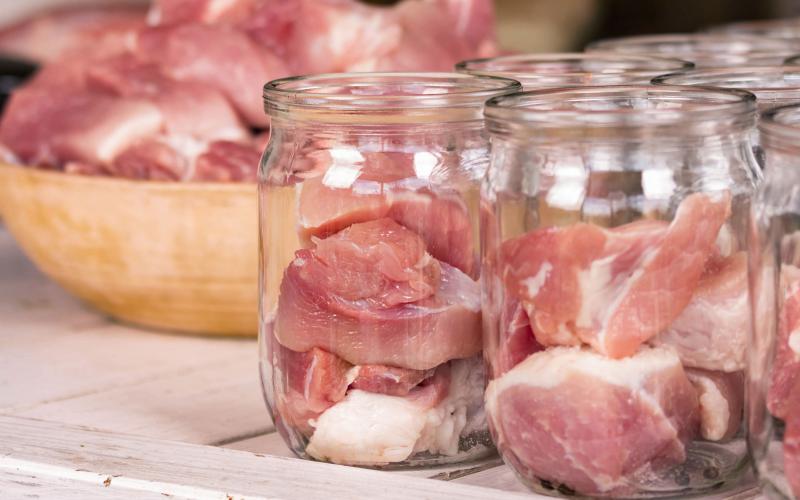
Canning Meats and Poultry
Canning is a great method to preserve and extend shelf life for many types of foods, including meat products. Using safe preparation and storage practices allows for anyone to store nutritious, high-quality protein.
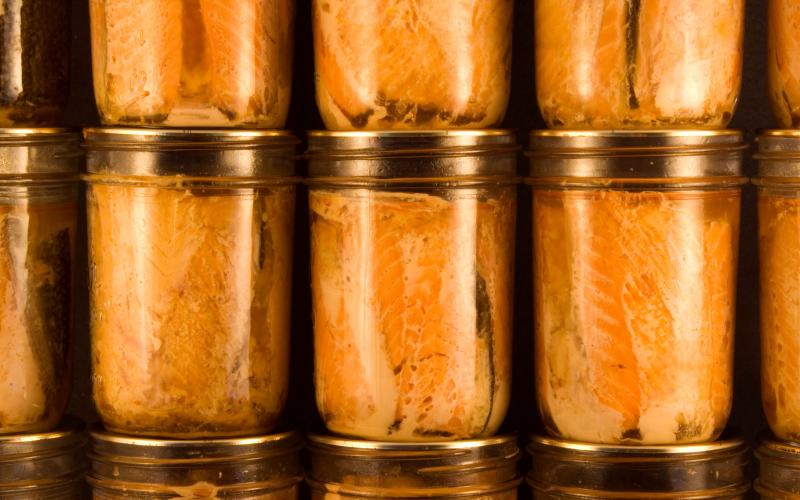
Canning Fish
Canning is a great method to preserve and extend shelf life for many types of foods, including fish and seafood products. Using safe preparation and storage practices allows for anyone to store nutritious, high-quality protein.
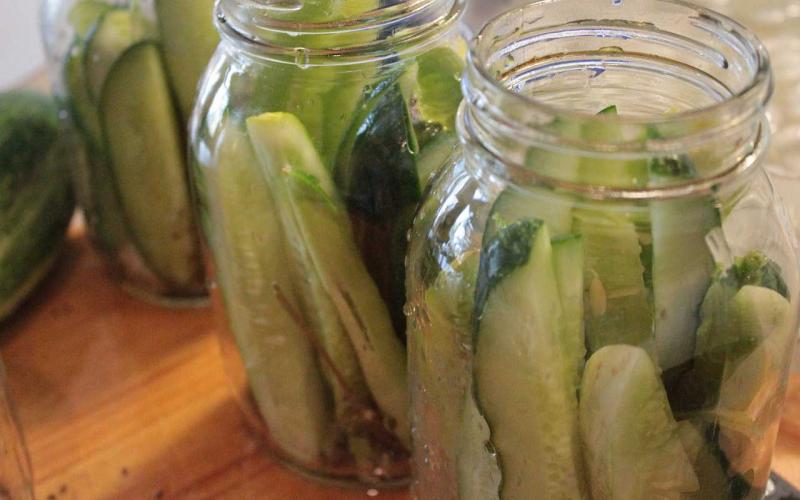
Safe Canning Recipes
One of the most common errors in home canning is not using a scientifically tested recipe. Canning a family recipe is risky as it can cause spoilage and foodborne illness.
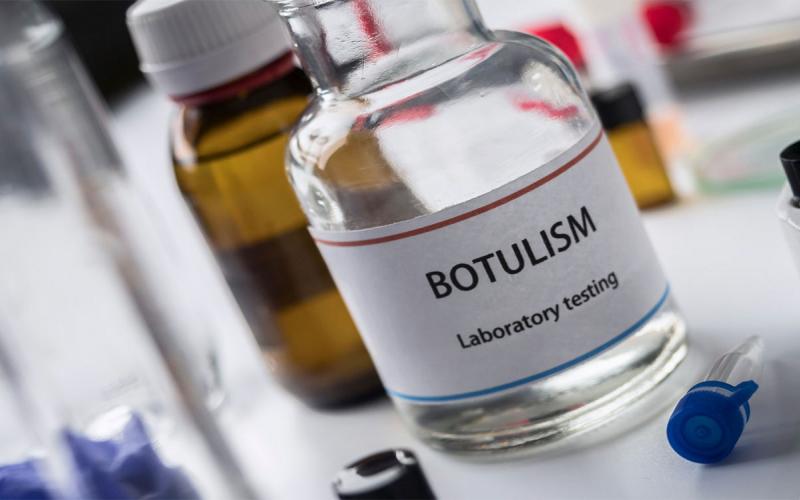
Canners Beware: Botulism
Botulism is a serious, rare illness that is caused by a toxin produced by the bacteria Clostridium botulinum. Botulism is a concern when it comes to canning and fermenting foods, as the anaerobic conditions can cause the Clostridium botulinum spores to create a harmful toxin.
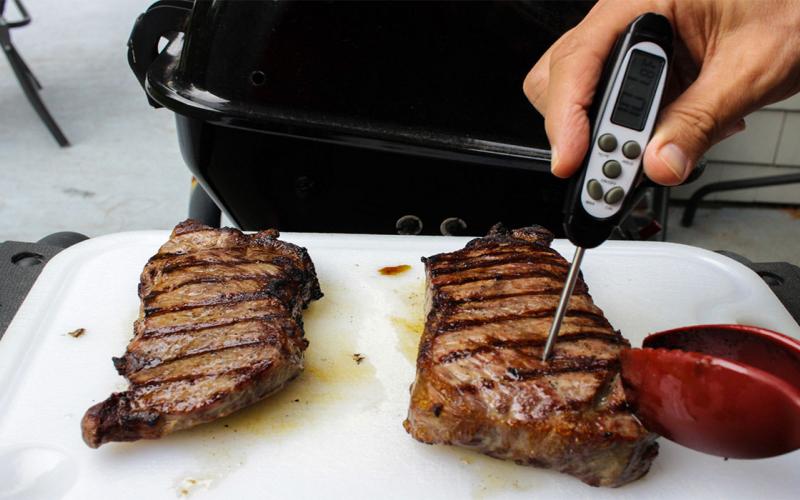
Safety
Food safety education is essential from field to table for entrepreneurs, consumers and businesses.
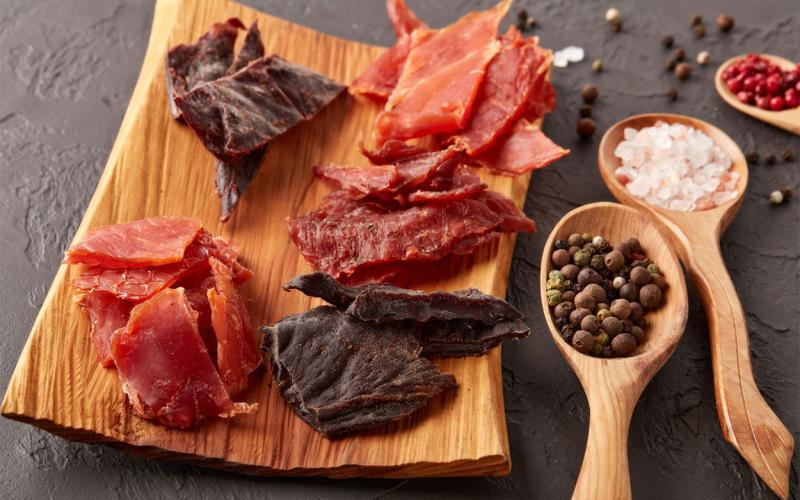
Home-Dried Jerky: Process and Tips
Making jerky is a great way to enjoy a variety of meats for months to come! It requires no refrigeration and can be made from any lean meat, such as beef, pork, bison and venison.